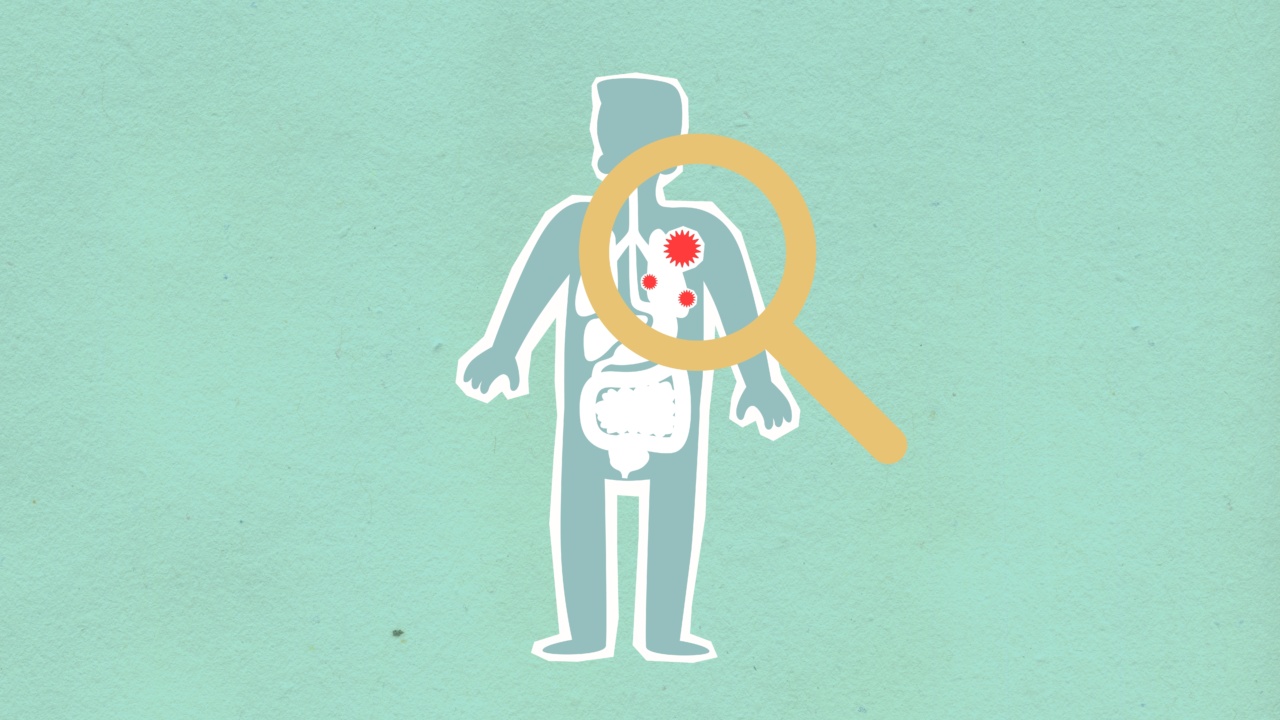Coffee is one of the most widely consumed beverages in the world, and its effects on human health have been a topic of debate for years.
One area of particular interest is the impact of coffee consumption on the risk of cardiovascular disease (CVD) mortality. CVD is the leading cause of death globally, and understanding the potential benefits or risks associated with coffee consumption is crucial in developing preventive strategies.
The Role of Coffee in CVD Risk Factors
Coffee contains many biologically active compounds, including caffeine, chlorogenic acids, and diterpenes, that could affect CVD risk factors.
Numerous studies have examined the relationship between coffee consumption and individual risk factors for CVD, such as hypertension, diabetes, and dyslipidemia.
1. Coffee and Hypertension:.
Hypertension, or high blood pressure, is a major risk factor for CVD. Some studies suggest that regular coffee consumption may increase blood pressure, while others report no significant effect.
The relationship between coffee and hypertension is complex and may depend on individual factors such as genetic predisposition and coffee brewing methods.
2. Coffee and Diabetes:.
Type 2 diabetes mellitus is a well-established risk factor for CVD. Several studies have shown a potential protective effect of coffee against the development of type 2 diabetes.
The exact mechanisms underlying this relationship are not fully understood, but coffee’s anti-inflammatory and antioxidant properties may play a role.
3. Coffee and Dyslipidemia:.
Dyslipidemia, characterized by abnormal levels of lipids in the blood, is strongly associated with an increased risk of CVD.
Some studies have suggested that coffee consumption may lead to favorable changes in lipid profiles, such as increased levels of high-density lipoprotein (HDL) cholesterol, commonly known as “good” cholesterol. However, more research is needed to confirm these findings.
Coffee Consumption and CVD Mortality
Several large-scale prospective cohort studies have investigated the association between coffee consumption and CVD mortality.
These studies typically collect data on coffee intake using self-reported questionnaires and follow participants for many years to track their health outcomes.
1. Meta-Analysis of Cohort Studies:.
A meta-analysis conducted in 2014, which included data from multiple cohort studies, found no significant association between coffee consumption and the risk of coronary heart disease mortality.
However, high coffee consumption (>5 cups/day) was associated with a slight increase in CVD mortality risk.
2. European Prospective Investigation into Cancer and Nutrition (EPIC) Study:.
In a 2017 study based on the EPIC cohort, researchers found no significant association between coffee consumption and CVD mortality in both men and women.
These findings were consistent across different European countries, suggesting that coffee’s impact on CVD mortality may be impartial to cultural or geographical variations.
3. Nurses’ Health Study and Health Professionals Follow-Up Study:.
The Nurses’ Health Study and Health Professionals Follow-Up Study, two long-term prospective cohorts involving over 167,000 women and 40,000 men, respectively, found no significant association between coffee consumption and CVD mortality.
These studies provide additional evidence that moderate coffee consumption is unlikely to increase the risk of dying from CVD.
Interactions with Other Lifestyle Factors
It is important to consider the interactions between coffee consumption and other lifestyle factors that can influence CVD mortality risk.
1. Smoking:.
Smoking is a well-established risk factor for CVD. Some studies suggest that coffee consumption may interact with smoking status, leading to a higher risk of CVD mortality in current smokers who consume high amounts of coffee.
Therefore, individuals who smoke should be cautious about combining smoking and excessive coffee intake.
2. Exercise:.
Regular physical activity is known to reduce the risk of CVD mortality. Interestingly, some studies suggest that the association between coffee consumption and CVD mortality may be modified by exercise habits.
For example, in a 2017 study, individuals who were physically active had a reduced risk of CVD mortality, regardless of their coffee intake.
Conclusion
Overall, the current body of evidence suggests that moderate coffee consumption is unlikely to significantly increase the risk of CVD mortality.
In fact, some studies even suggest a potential protective effect against certain risk factors for CVD, such as diabetes and dyslipidemia. However, individual variations and lifestyle factors, such as smoking and physical activity, may influence the relationship between coffee consumption and CVD mortality.






























